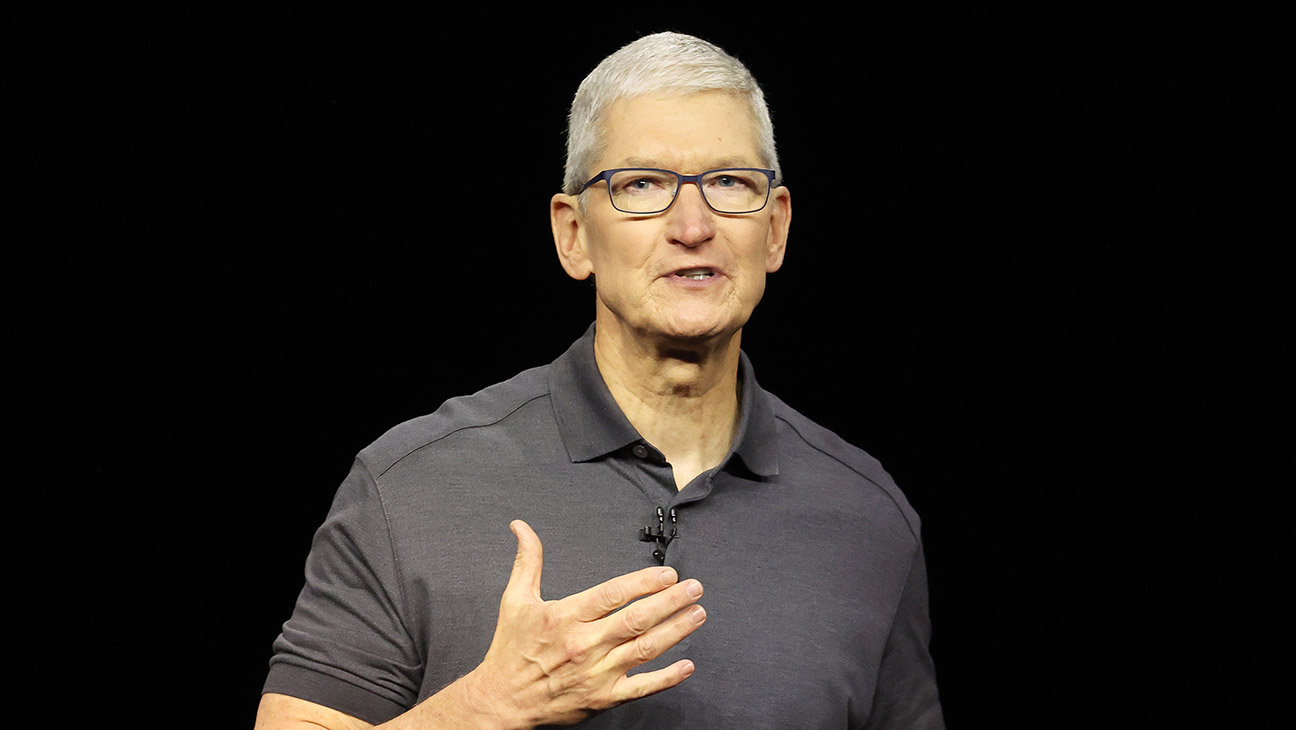Apple‘s antitrust woes are growing, with a judge referring a criminal case against the tech giant to federal prosecutors for violating court-imposed rules to maintain revenue from its borderline monopoly over segments of the App Store.
Under the ruling, Apple is barred from imposing commissions on payments made outside an app or restricting developers from telling users about alternative payment options that allow them to bypass fees on sales in the App Store, where the company exacts a toll of up to 30 percent on all transactions.
“Apple willfully chose not to comply with this Court’s Injunction,” wrote U.S. District Judge Yvonne Gonzalez Rogers. “It did so with the express intent to create new anticompetitive barriers which would, by design and in effect, maintain a valued revenue stream; a revenue stream previously found to be anticompetitive. That it thought this Court would tolerate such insubordination was a gross miscalculation. As always, the cover-up made it worse.”
The court’s ruling will allow companies across Hollywood, like Spotify, to link to discounted rates and payment methods, allowing them to bypass Apple’s commission.
After an antitrust trial between Apple and Fortnite creator Epic Games in 2021, Rogers found that Apple violated California’s unfair competition law by implementing policies that “stifle consumer choice,” though she stopped short of finding an illegal monopoly. She allowed the company to delay implementing changes to App Store payment rules pending an appeal to the U.S. Supreme Court, which declined to review the case last year.
The court’s injunction was immediately supposed to go into effect, but Apple continued to engage in anticompetitive conduct, the order stated. It pointed to the company charging a 27 percent commission on off-app purchases, where it previously charged nothing.
In contrast to Apple’s in-court testimony, internal business documents revealed that it “knew exactly what it was doing and at every turn chose the most anticompetitive option,” wrote Gonzalez, who stressed that Apple vice president of finance Alex Roman “outright lied under oath.” Internally, App Store chief Phillip Schiller advocated that Apple comply with the court’s injunction but was overruled by chief executive Tim Cook.
The court referred the matter to the U.S. Attorney’s Office for the Northern District of California to investigate whether criminal contempt proceedings should be initiated.
For nearly 15 years, Apple has collected a tax in the form of a 30 percent commission on the price of apps downloaded from the App Store and on all in-app purchases. It’s able to command these fees from companies across Hollywood that use its in-app payment system to charge users. This has sparked pushback from these firms, some of which depend on subscription revenue to produce content and pay creators.
Netflix, which in 2018 ceased allowing customers to subscribe on iOS devices to get around paying the fee, in 2023 forced some users who still pay monthly fees through the App Store add a new payment method to keep their accounts active. In 2022, Spotify put up a brick wall for iPhone users who want to purchase an audiobook from within the app. They were met with the message, “Want to listen? You can’t buy audiobooks in the app. We know, it’s not ideal.”
In a post on X, Epic Games chief executive Tim Sweeney said that Fortnite will return to the App Store next week. He added, “Epic puts forth a peace proposal: If Apple extends the court’s friction-free, Apple-tax-free framework worldwide, we’ll return Fortnite to the App Store worldwide and drop current and future litigation on the topic.”
Last year, the Justice Department filed a landmark antitrust lawsuit against Apple, targeting, in part, its encroachment into Hollywood. Joined by 16 states and the District of Columbia, the government alleged that the company violates antitrust laws by wielding a monopoly over the smartphone market with practices meant to keep consumers dependent on iPhones and prevent them from switching to rival devices in ways that may have worsened conditions in the entertainment industry. If left unabated, it warned the company “poses significant risk” to reduce competition and innovation in areas that include the production and movies and TV shows, pointing to Apple’s “rapidly expanding” role as a producer.











